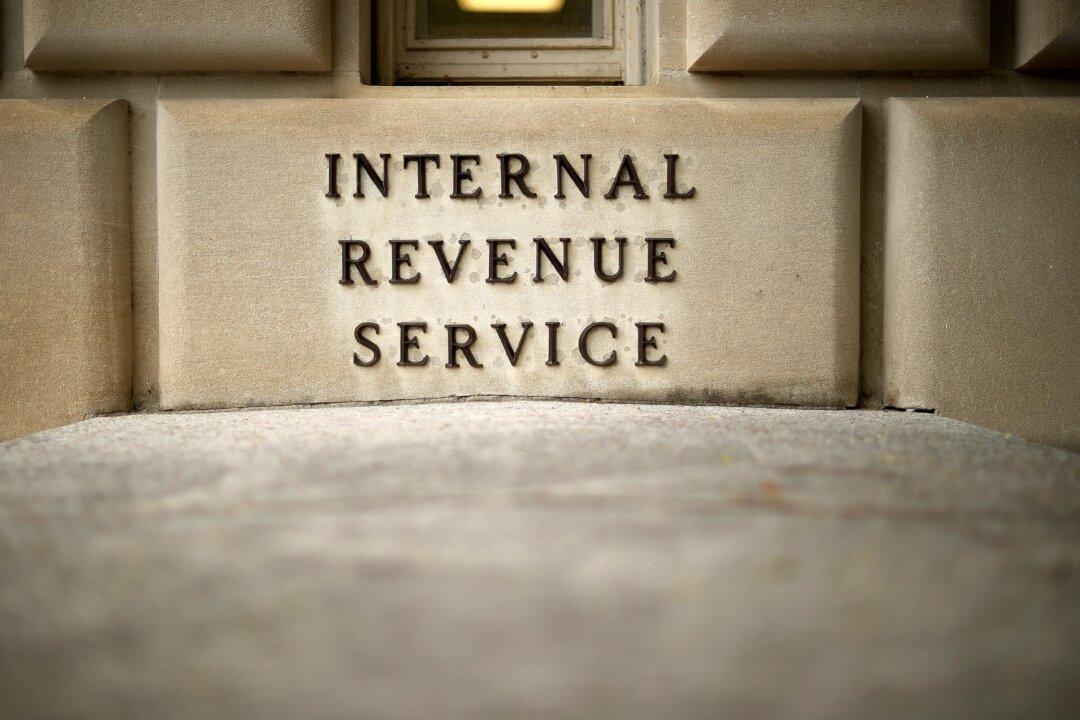The Internal Revenue Service (IRS) is demanding businesses to file Form 8300 electronically from next year onwards while reporting transactional receipts over $10,000.
“Beginning Jan. 1, 2024, businesses must e-file all Forms 8300 if they’re required to file at least 10 information returns other than Form 8300,” said the IRS on Aug. 30. For instance, if a business files five Forms 1099-INT and five Forms W-2, they should e-file all their returns electronically for the year, including Forms 8300. If a business files less than 10 forms, excluding Forms 8300, they can opt not to e-file.





